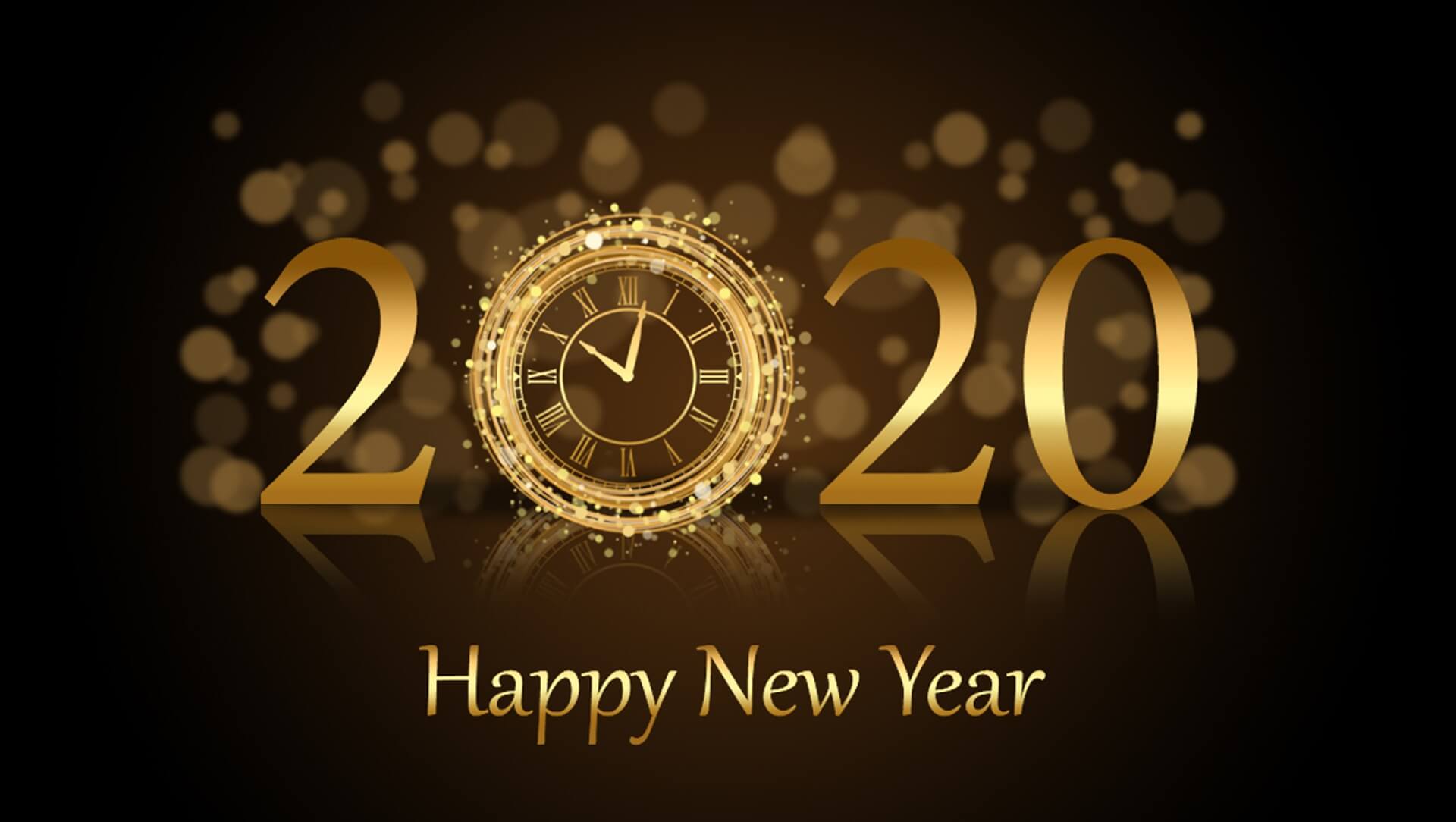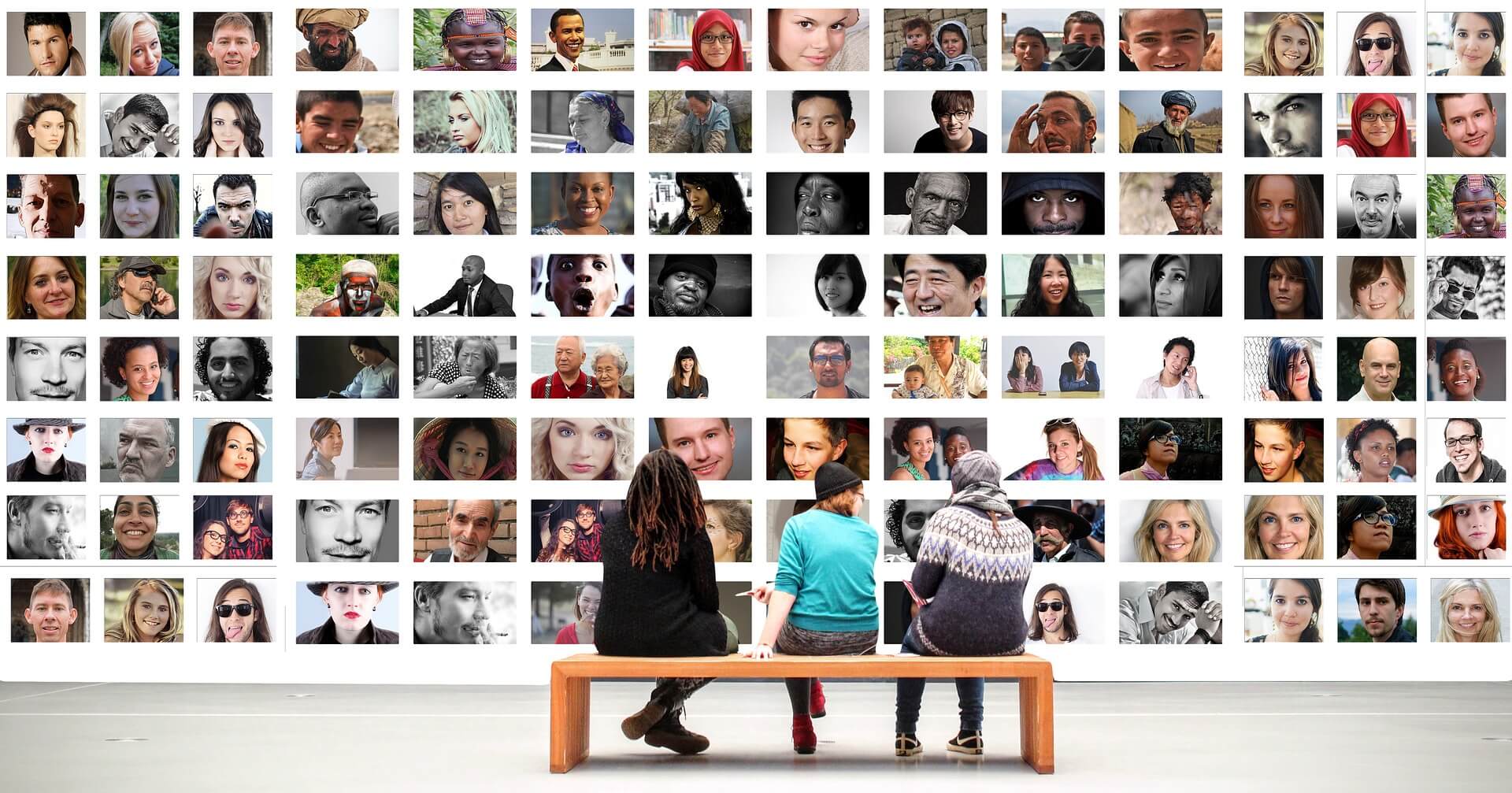The Transition Decade

“Around here, however, we don’t look backwards for very long. We keep moving forward, opening up new doors, and doing new things, because we’re curious… and curiosity keeps leading us down new paths”
The start of a new year is always a wonderful opportunity to stop, do a stock-take of your personal and professional life and begin to plan what that transformation for the new year might look like for you. You may even draw on the ideas in last month’s article by David Ivers entitled “Personal and Professional Transformation. The notion here, of course, is how do you plan to be the best iteration of yourself at home and at work, each and every day of the new year? However, the year is now 2020 and the second decade of the 2000s has been and gone and a new decade has just begun. The questions to be asked are:
-
- How do you become the best version of yourself on a daily basis?
- As the third decade of this century begins, where will you be in the year 2030, personally, professionally, spiritually, financially?
- How do you remain relevant, especially in your professional life, in a new decade?
It is, of course, difficult to predict the future, especially 10 years out. With Government elections roughly every 3 or 4 years, it is not unreasonable to assume that the Government policies you are basing your decisions on today may well not be the policy at the end of the decade. It is entirely possible that the political party in Government today could well be in opposition in a few years’ time. Even if the Government remains the same, it is unlikely that policy settings will remain unchanged. Good policy is responsive to the policy environment it operates in and a good Government, exercising good governance, would review their policy settings on a regular basis, especially in preparation of the annual Government Budget.
Nonetheless, one way of tracking where the policies of Government are heading and how committed Government is to a particular policy is to follow the money through the Budget papers and then analyze what the opposition would do if in Government. The former means follow the money trail. The more Government has monies committed to a particular policy, the more likely it is that the policy will survive in the short to medium term. This is especially true if the Government is deriving income via taxation or levy or fees or fines. If the policy has no funding within the current budget, then it is unlikely to be implemented or at least unlikely to be fully implemented. It’s hard to implement an unfunded or underfunded policy. In discerning how relevant your skillset might be in the future, look at Budget estimates which are usually projected for the next 3-5 years. In short, if you work for a government agency, one way of deciding where you might up-skill yourself is to be attentive to the money trail. Your attention should go where the money flows.


On a philosophical note, our life is like the ‘Volatility Index’. We live in a constant state of volatility, but the small spikes have been tagged as ‘normal’ and the test spikes are perceived as being a volatile event. Even when the Volatility Index is tracking sideways, it still shows those ‘normal’ moments of volatility. In other words, we live our life of volatility between moments of testing and moments of breakthrough. Recognize how and when these testing moments and these breakthrough moments occur and see whether they don’t point toward an area of further personal and professional development and transformation for you. How do you future proof yourself to meet these testing moments and perhaps to even create more breakthrough moments for yourself?
One way to discern how to future proof yourself (at least professionally) is to adopt a technique often used by Anthropologists. As an Anthropologist, to have a high level of certainty that what I have observed and my interpretation of that event are congruent with each other, a process of triangulation would occur. This involves:
-
- Observe the people around you, their actions and how they talk about the future.
- Interview some of the people (actors) and clarify their actions and words.
- Test your assumptions by observing and interviewing the leaders, including the manager.
You could extend these observations and interviews to a more generalized collegial conversation within your team. What skills do they think they will need moving forward?
It would be surprising if, in all of these conversations, someone did not mention the impact of technology on the future of work. This impact can be perceived as positive or negative. The caveat here is that it may be possible to turn a negative into a positive. For example, you are reading this article because technology gave rise to the internet. If you’re not accessing career-focused sites with excellent resources and articles such as careersingovernment.com then you are making your task of remaining relevant in the job market, much harder.
In November 2017, McKinsey Global Institute released a report entitled “Jobs lost, jobs gained: What the future of work will mean for jobs, skills, and wages“.
According to this McKinsey report:
“Automation will have a lesser effect on jobs that involve managing people, applying expertise, and social interactions, where machines are unable to match human performance for now.”
This means that certain categories of occupations will experience growth, even if aspects of them may become automated.
- Healthcare providers
- Professionals such as engineers, scientists, accountants, and analysts
- IT professionals and other technology specialists
- Managers and executives, whose work cannot easily be replaced by machines
- Educators, especially in emerging economies with young populations
- “Creatives,” a small but growing category of artists, performers, and entertainers who will be in demand as rising incomes create more demand for leisure and recreation
- Builders and related professions, particularly in the scenario that involves higher investments in infrastructure and buildings
- Manual and service jobs in unpredictable environments, such as home health aides and gardeners
Whilst this may seem to be reassuring it comes with a caveat.
“We estimate that between 400 million and 800 million individuals could be displaced by automation and need to find new jobs by 2030 around the world, based on our midpoint and earliest (that is, the most rapid) automation adoption scenarios. New jobs will be available, based on our scenarios of future labor demand and the net impact of automation…However, people will need to find their way into these jobs. Of the total displaced, 75 million to 375 million may need to switch occupational categories and learn new skills.”
James Manyika, Susan Lund, Michael Chui, Jacques Bughin, Jonathan Woetzel, Parul Batra, Ryan Ko, Saurabh Sanghv. (2017). “Jobs lost, jobs gained: What the future of work will mean for jobs, skills, and wages” (McKinsey Global Institute).
This points to the notion that your education, formal and informal, will become a real asset for the employee and the employer, as the decade of transition unfolds. There is a correlation between education and career prospects. Employers that believe that education is solely the employee’s responsibility run the risk of being left behind between 2020 and 2030, in what I call the ‘Transition Decade’.
The reason is simple. A good HR unit will be starting to plan for the jobs that they will or won’t need 5 years from now. Why? If a new position is created requiring say a master’s degree and they want a pool of people qualified for the new position, the study itself will take from 2 to 4 years if done part-time. By then the decade will be half over and many transition points will have been reached. The upshot of all of this for an employer will be maintaining an up to date ‘Skills Register’ recording: formal qualifications, licenses held (eg. Teaching, Nursing), professional recognition and memberships of professional organizations. It might also contain broad skillsets based on previously held positions. Often people are not aware of the extent of their studies. You may find that across all of your studies you may have sufficient subjects studied for a professional organization to give professional recognition of your qualifications. In other cases, updating yourself via a professional education program might be sufficient.
The Australian Government has an interactive website called ‘Job Outlook‘. Whilst it is intended for people employed in Australia, it is generic enough to be useful to people with a similar workforce profile, such as the United States and Canada. It allows you to complete a ‘Career Quiz’ which will offer a range of correlated occupations, a skills match based on up to 5 previous positions held and an indication of the future of work in Australia. It is an excellent starting point for anyone wanting to update their Resumé, contemplating a career change or simply wanting some direction regarding growth jobs over the next decade. The United States Bureau of Labor Statistics has a useful ‘Career Outlook’ site with many resources and articles based on the data that they collect. They also have their ‘Occupational Outlook Handbook’ which you can download as an ‘App’. Again, utilizing the data that the Bureau of Labor Statistics gathers and processes, the handbook gives insight by occupational category, regarding projected growth in occupations within each category and the median wage for that particular occupation and the typical qualifications for entry to that particular occupation.
There are of course three things that you can do today to refocus your career.
- Keep yourself professionally current. When change comes, the transition may not be as great.
- Identify areas and occupations that you either are or could be very passionate about.
- Discuss with your manager where you and the organization see your career progressing.
From this develop a professional ‘Career Development Plan’. Such a plan, given we are talking about a decade of transition, most likely will necessitate ongoing conversations with your manager and with a Coach. This, in turn, means regularly modifying and updating your plan. Your ‘Career Development Plan’ should also feature in your ‘Personal Plan’. Understand of course, that your career plans are something that you should cherish and honor, as Max Ehrmann reminds us.
“Enjoy your achievements as well as your plans. Keep interested in your own career, however humble; it is a real possession in the changing fortunes of time.”
Max Ehrmann (1927). Desiderata.

CAREER ADVICE

GOV TALK
